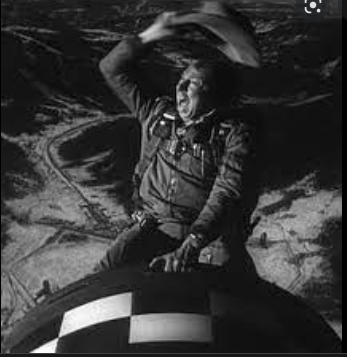Alan_Hepburn
Well-known member
His first name might have been "Strange" ...Had the pleasure of learning from one of the guys who sat on the think tank where the GPS concept was originally hatched (supposedly). Very interesting man named Dr. Love, can't recall his first name.


